
Published:
Readtime: 3 min
Every product is carefully selected by our editors and experts. If you buy from a link, we may earn a commission. Learn more. For more information on how we test products, click here.
When you talk about reducing emissions to help the environment, one area that seems to be repeatedly overlooked is that of delivery vehicles. While the convenience of distribution centre-to-door delivery can’t be denied, the endless fleet of vehicles on the roads to facilitate it is a real problem, so much so that Uber even unveiled a last-mile delivery service using bicycles. Naturally, the world is clambering to find a better way to do things and Michigan-based electric truck startup Bollinger Motors. has an idea. In the midst of developing two electric trucks, the company recently unveiled the Deliver-E, an all-electric delivery van concept.
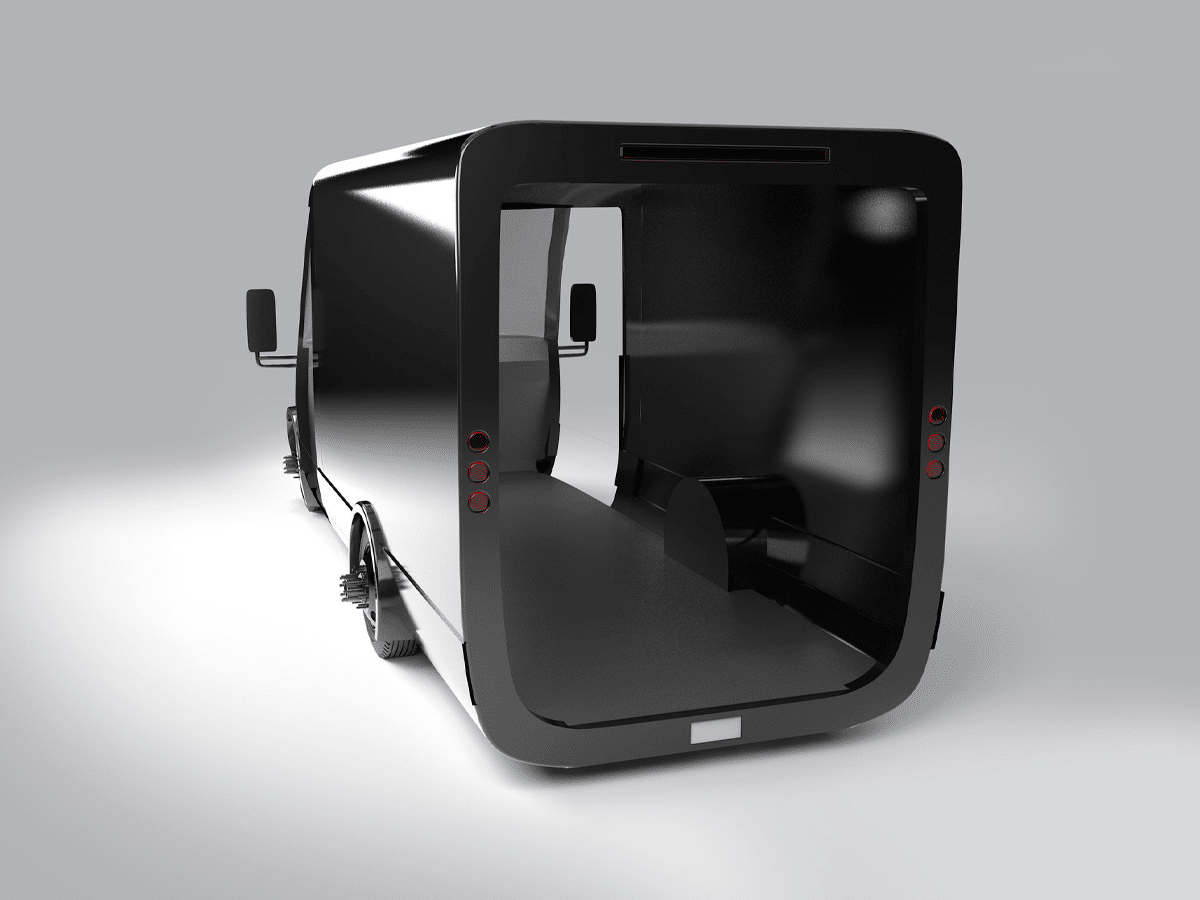
Granted, Bollinger isn’t the only dog in this fight. Many companies are working on delivering an electric delivery van. And it’s no wonder when you have companies like Amazon ordering 100,000 electric vans from EV competition Rivian. Even Volvo Group has started on its way, receiving a record order for electric trucks in Australia, all of which are set to hit the streets of Sydney during the first quarter of 2023
The Deliver-E, however, has a novel approach in that it offers a lot of platform variability. For starters, the Deliver-E can be ordered in several different battery pack sizes, such as 70 kWh, 105 kWh, 140 kWh, 175 kWh, and 210 kWh. Each of these options comes with its own amount of range as well as prices and wheelbase sizes. Deliver-E features a high-strength steel frame and is front-wheel drive.
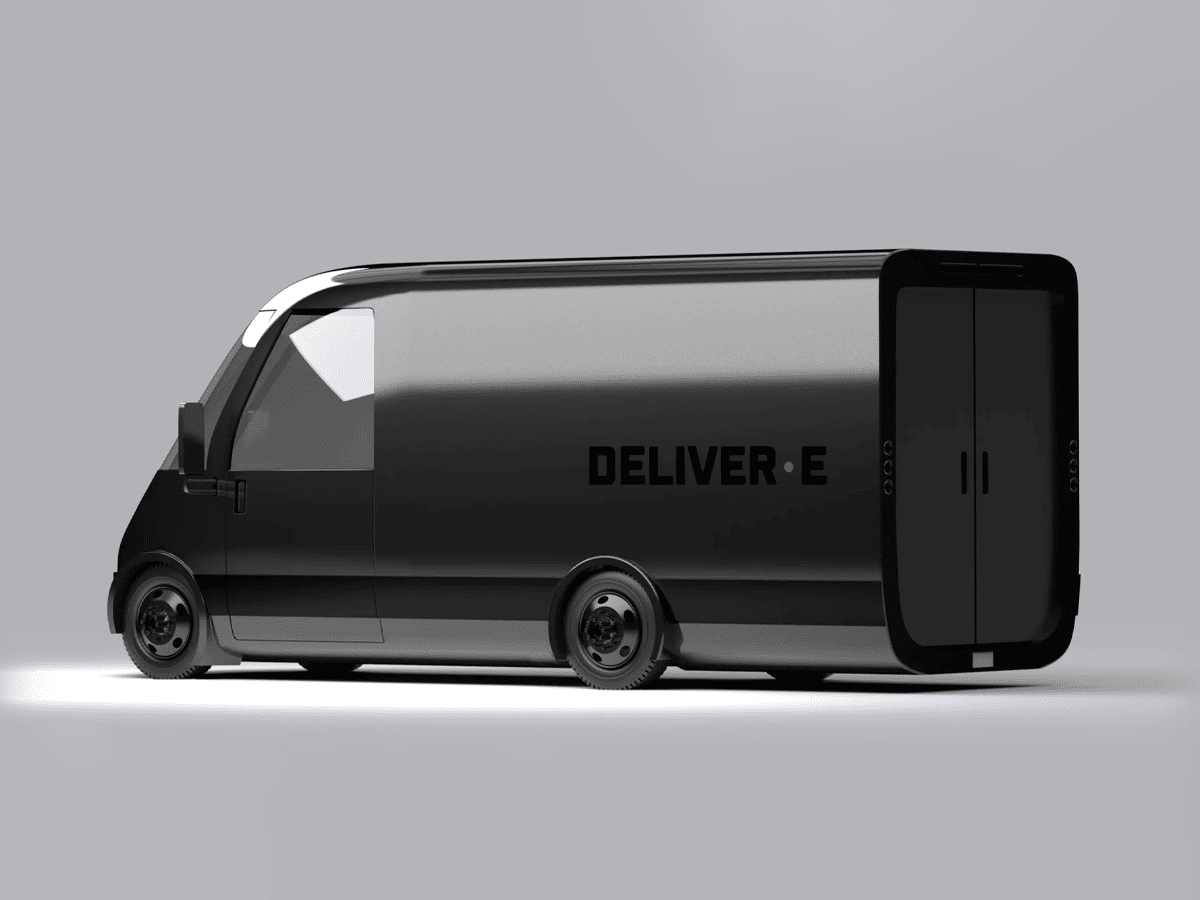
The van will support DC fast charging up to 100 kW. The van also offers a low load floor height of just 18 inches, but that begs the question of how the van will handle common road obstacles like speed bumps given its 8 inches of ground clearance needed for that lower loading height. Bollinger also says that the van will be scalable to different vehicle classes, including Class 2B, Class 3, Class 4, and Class 5.
“We took our extensive Class 3 electrification knowledge and applied it to the delivery sector,” stated Bollinger Motors CEO Robert Bollinger. “Our Deliver-E van gives commercial fleets the power to go green and save on ownership costs, while neighbourhoods will benefit from a reduction in air and noise pollution.”
According to Bollinger, the savings a fleet owner could realise could be a total cost of operation drop of 15 to 25 per cent over a 10-year period—and that’s just on fuel savings. You can also throw in savings in reduced downtime and lower maintenance costs. Bollinger hasn’t released the name of its manufacturing partner for the van, but they were slated to go into production starting in 2022.
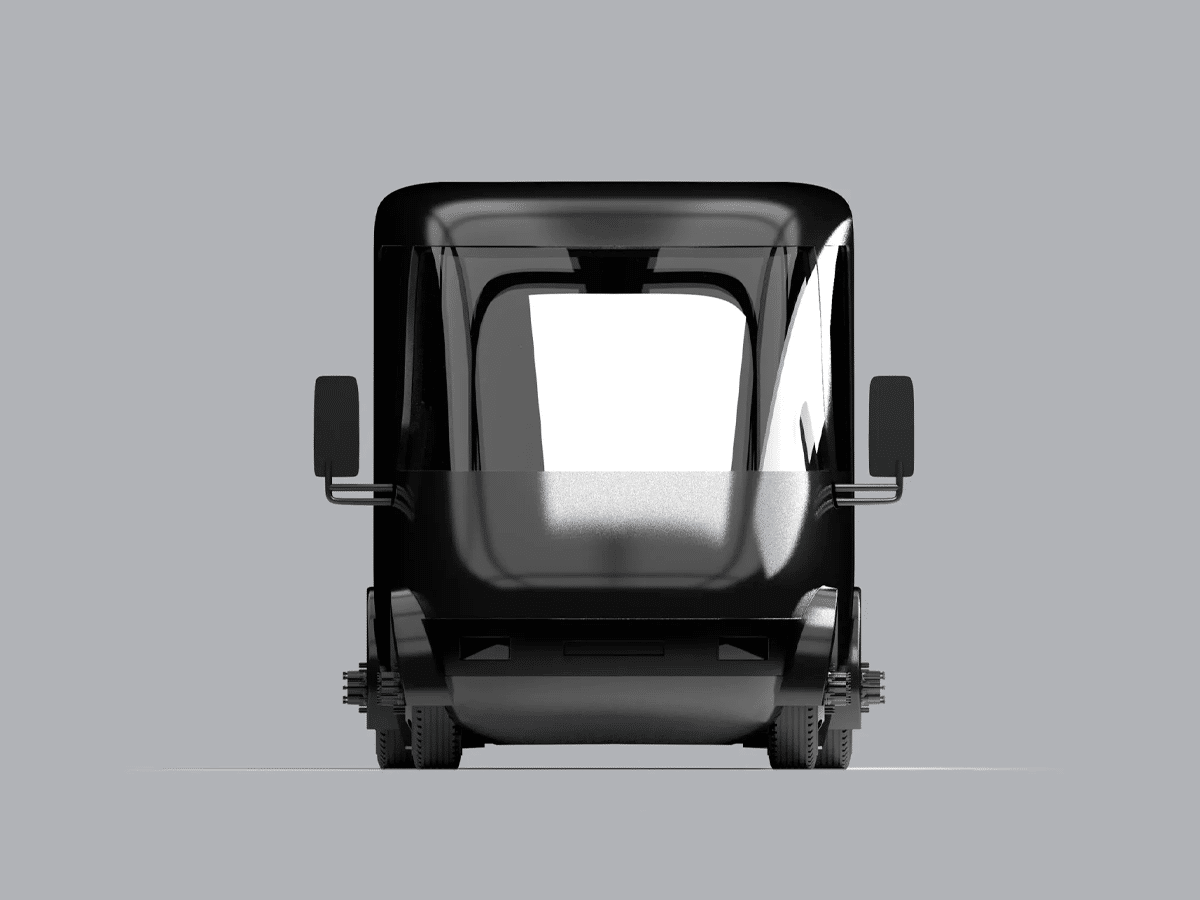


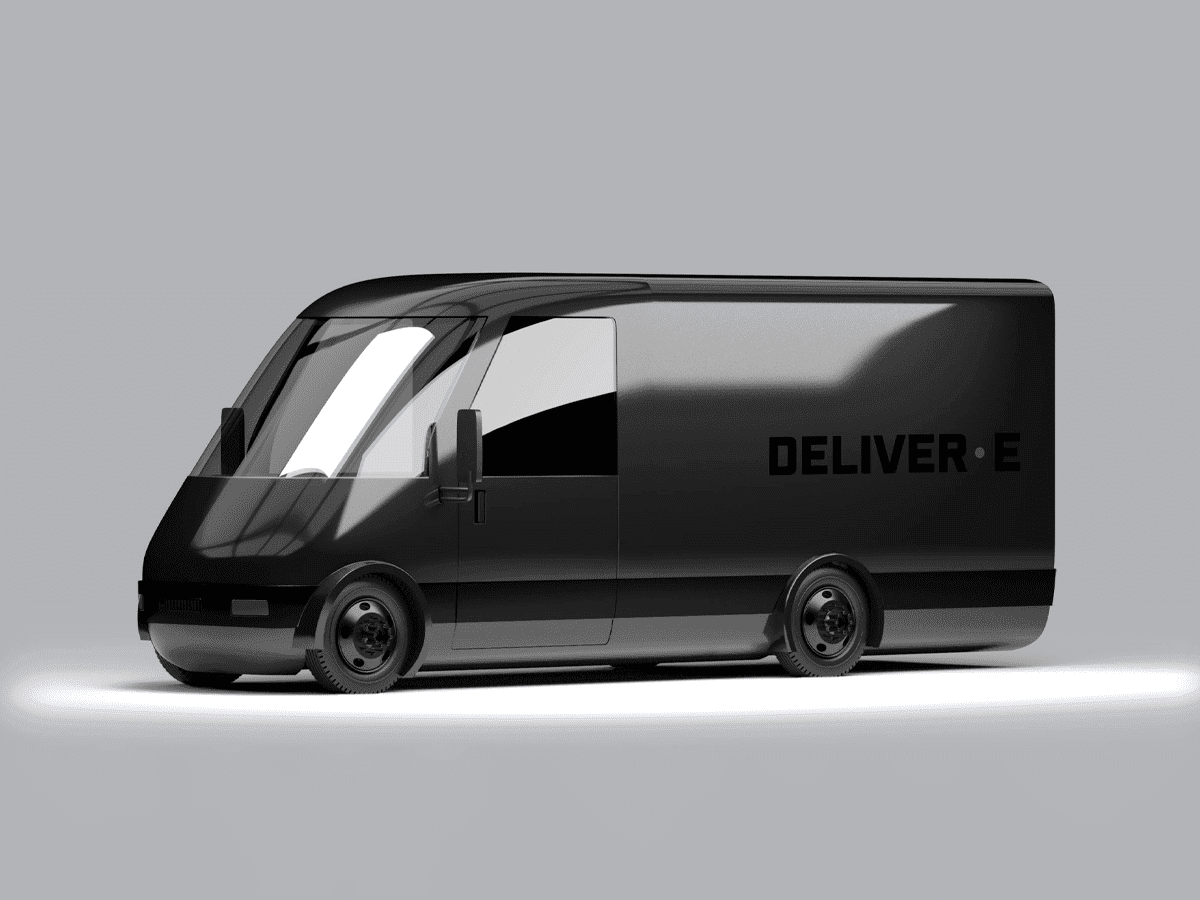





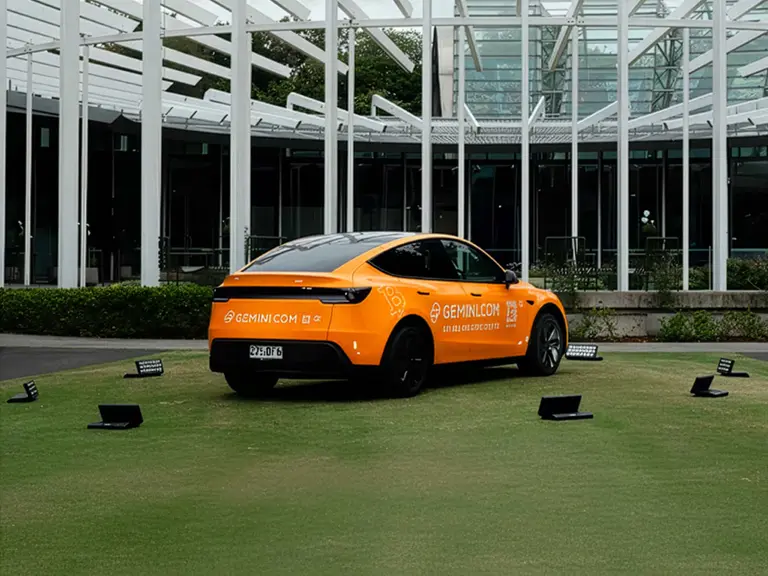
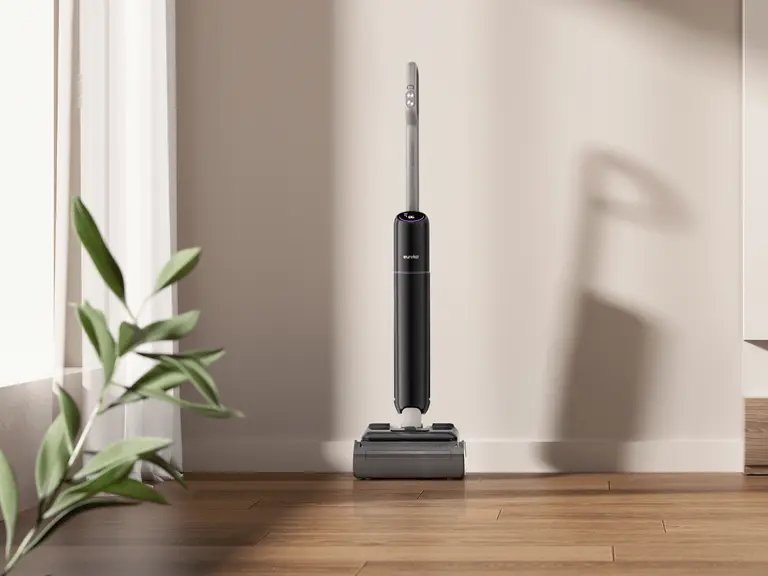


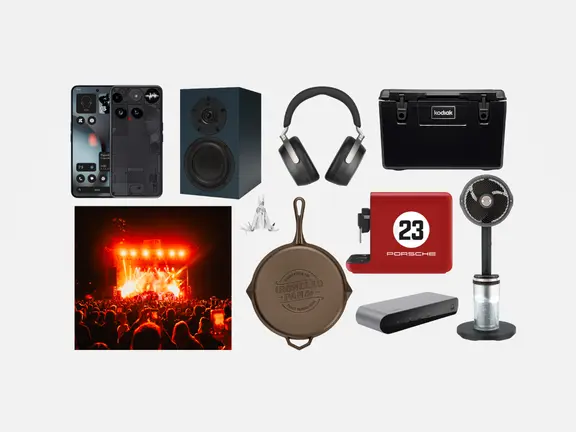









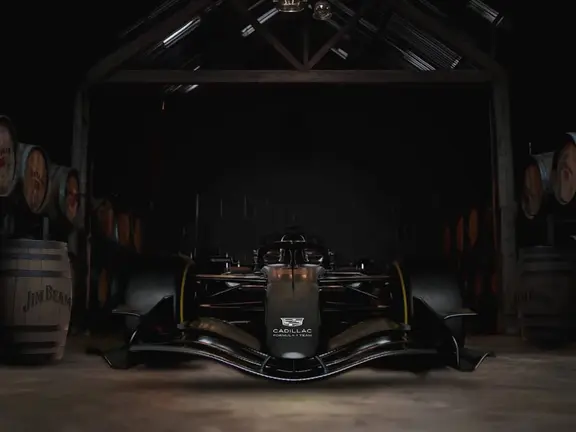


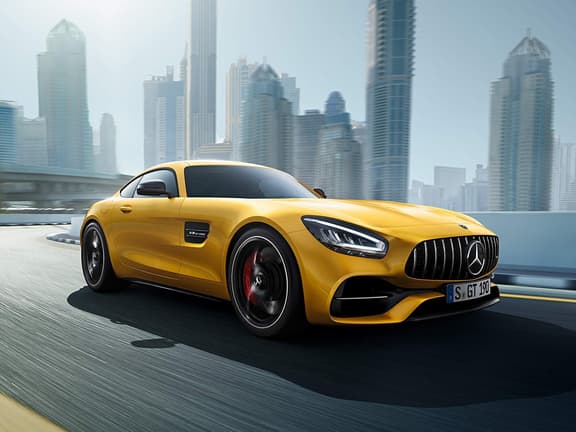
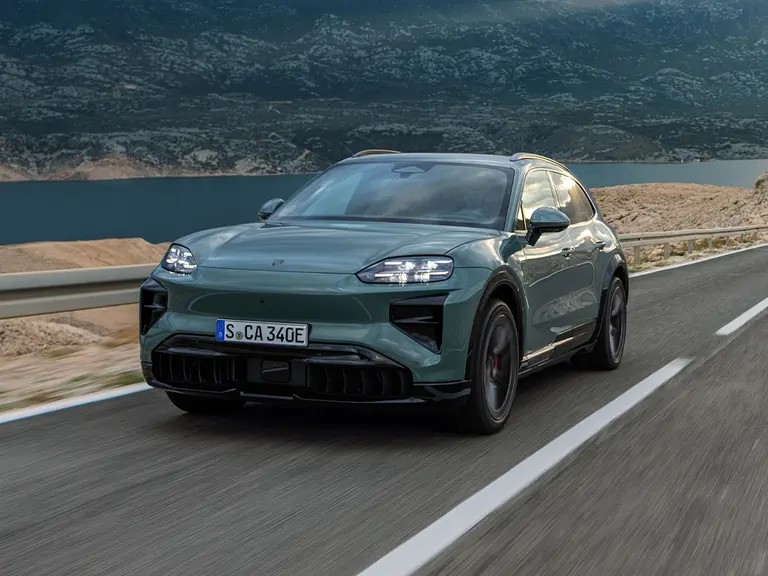



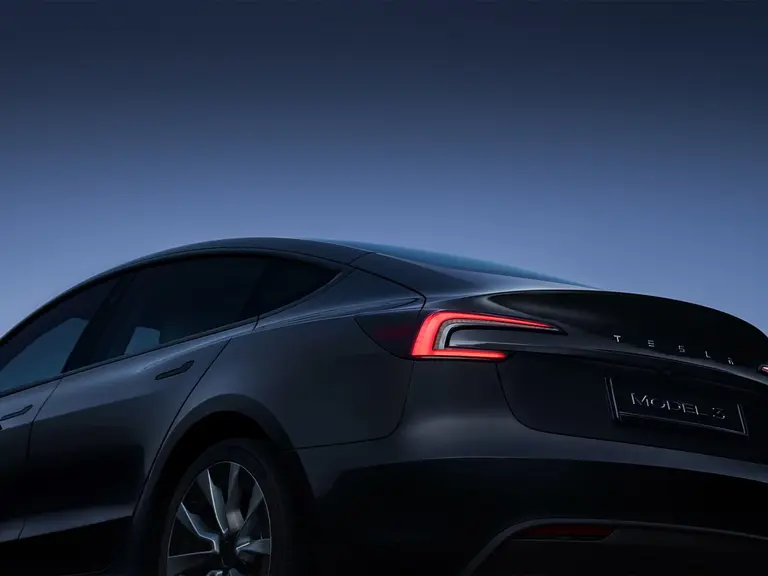



Comments
We love hearing from you. or to leave a comment.